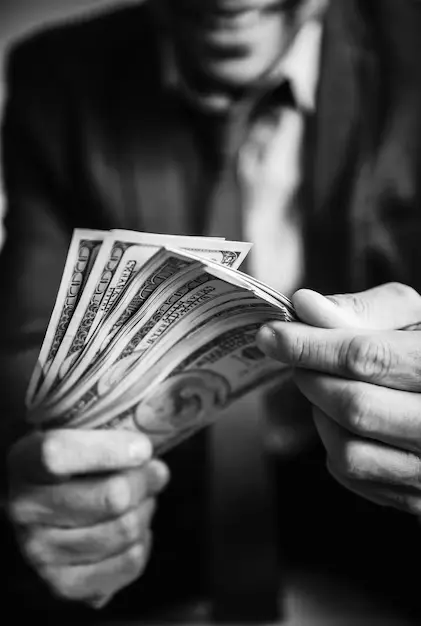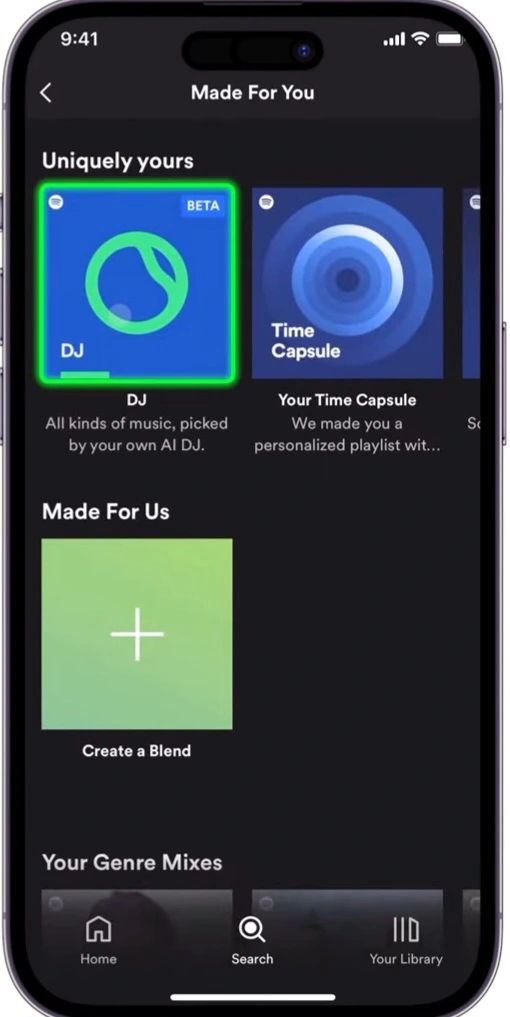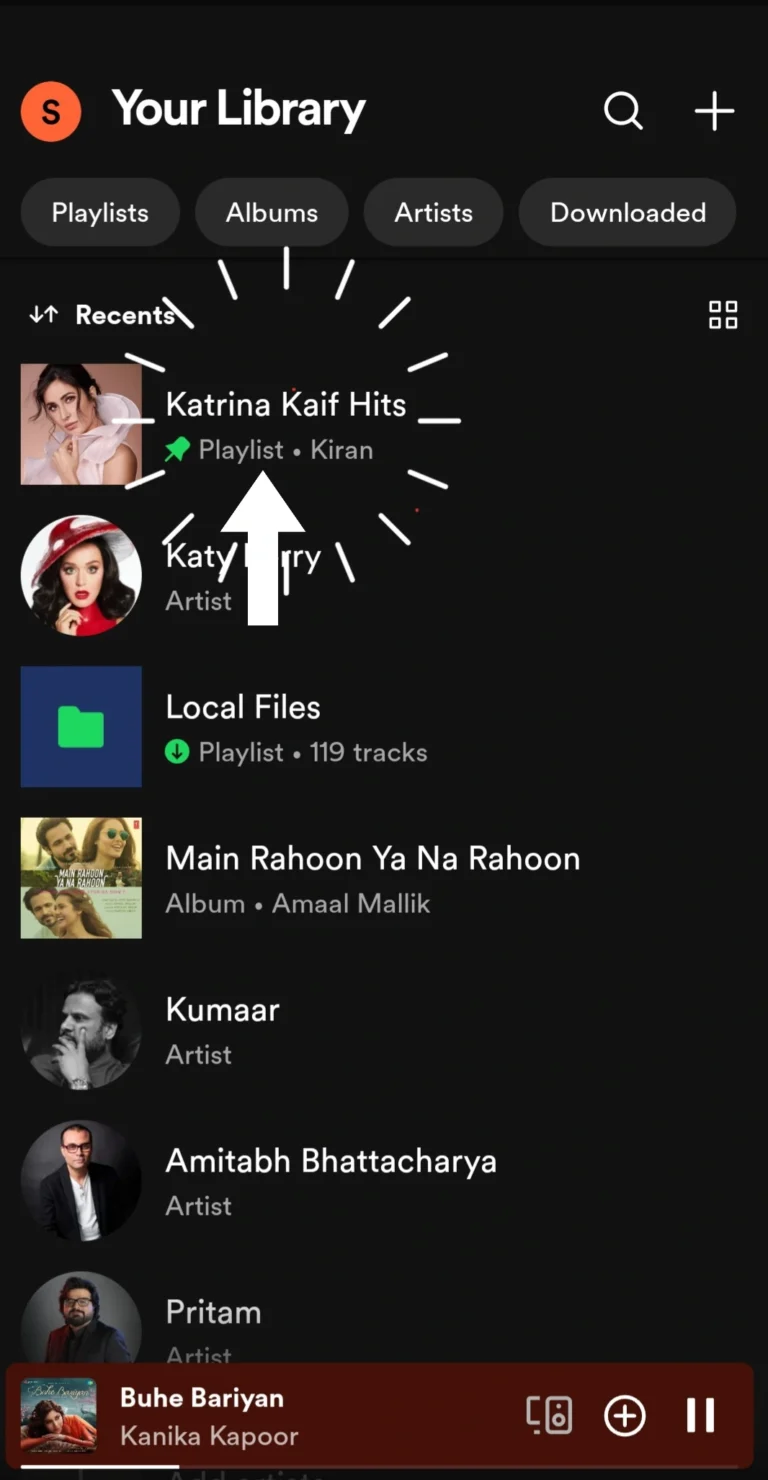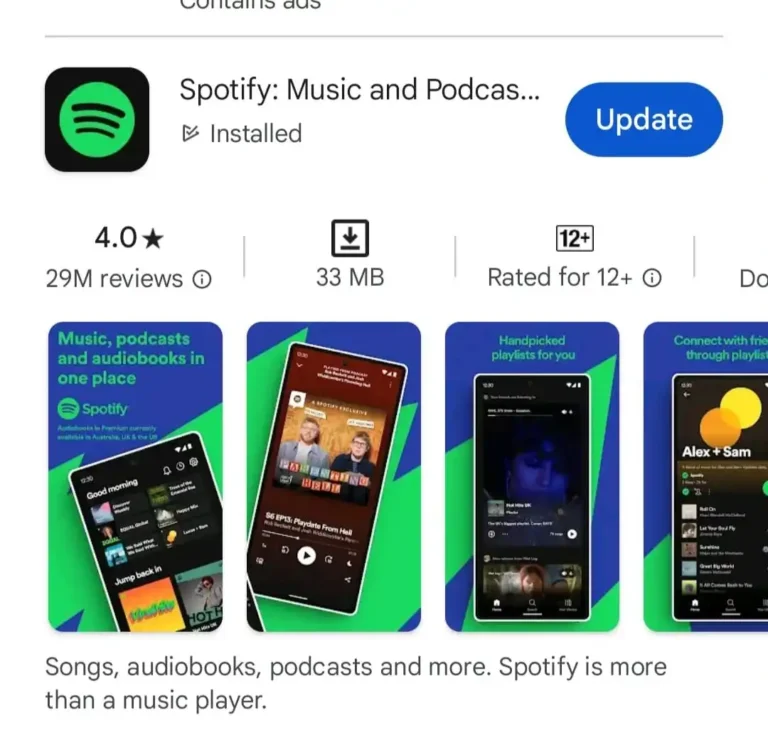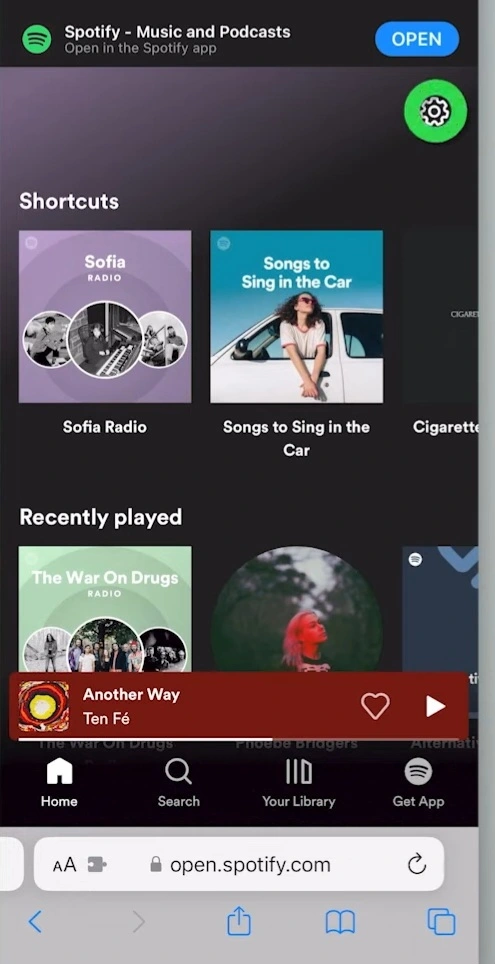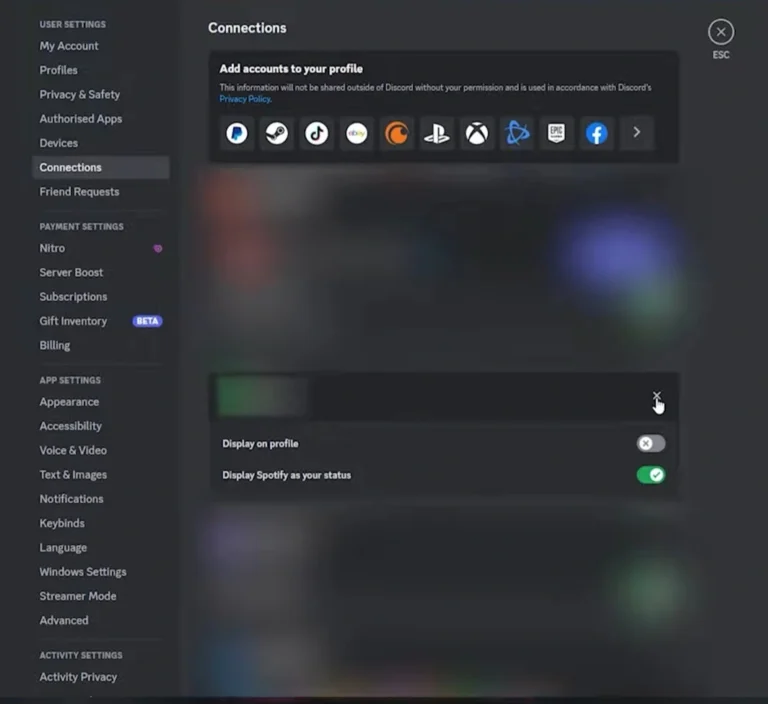Streaming services like Spotify are a big reason why the music industry is doing well again. In fact, it’s making more money than ever before! Streaming makes it easy for artists and songwriters to share their music with the world. Over 65% of all music revenue comes from streaming services, and Spotify is a big leader in that.
how exactly do artists make money on Spotify?
Here’s the key thing to know: Spotify doesn’t pay artists directly. Instead, they pay money to rights holders. These can be record labels, distributors, or collection societies. Artists choose who their rights holders are and make deals with them. The rights holders give Spotify permission to offer the artist’s music, and in return, Spotify pays the rights holders. The rights holders then pay the artist.
Spotify pays these rights holders a large portion of the money they make from music. This includes money from both paid subscriptions and free tiers with ads. In total, Spotify pays billions of dollars to rights holders every quarter!
These payments are divided into two categories: recording royalties and publishing royalties. Recording royalties are the bigger share, typically around 75% to 80% of what Spotify pays. Publishing royalties make up the rest, usually around 20% to 25%.
Exactly how much an artist or songwriter makes depends on their deal with their rights holder. There’s no one-size-fits-all answer. Spotify doesn’t control how the money is then divided up by the rights holders.
We know it’s a complex system, but Spotify wants to help artists succeed through streaming! For more information on how money flows on Spotify, check out their website. You can learn more about who makes money, how much they make, and what’s considered a lot of money in the world of streaming.
How Songwriters Earn Money from Streaming
Streaming services like Spotify are a major source of revenue for the music industry, but how exactly does money reach the songwriters themselves?
The Journey of Streaming Royalties
Let’s break down the process using an example. Imagine a songwriter in the US creates a hit song with three other collaborators. Here’s how they might get paid
Revenue Generation
Every time their song is streamed in any of Spotify’s 184 markets, money is collected
Home Country Payout
In the songwriter’s home country (US in this case), the money Spotify collects is distributed by various rights holders.
Depending on their agreements, these might include collecting societies for US streams, a mechanical rights organization, and a publisher.
International Payout:
Revenue from streams outside the US goes through an international collection society.
This society distributes performing rights and mechanical rights, potentially involving a sub-publisher before reaching the songwriter’s rights holders in the US.
Challenges and Solutions
This process can be complex, with delays and potential missed earnings due to inaccurate song or recording information
Here’s what Spotify is doing to help
Supporting Publishing Partners: Spotify works with and funds publishing partners worldwide to ensure accurate data and efficient royalty distribution.
Improving Songwriter Data: Collaborating with publishers to clarify songwriter data allows for the creation of features like “Spotify for Artists songwriter pages” and “written by” playlists.
Identifying Data Issues: By working with everyone involved, Spotify aims to identify and resolve data problems that could prevent songwriters from getting paid.
What Songwriters Can Do
To ensure they receive their fair share, songwriters can:
Agree on splits: Establish clear agreements with co-writers about how royalties will be divided.
Join collection societies: Sign up with relevant collection societies to ensure both performance and mechanical rights are covered.
Accurate registration: Before a song’s release, verify that registration includes the songwriter’s IPI number and the recording’s ISRC codes.
Stay informed: Check with labels, distributors, publishers, and collection societies to ensure they’re claiming royalties on your behalf.
For more information:
visit to Songwriting Hub

